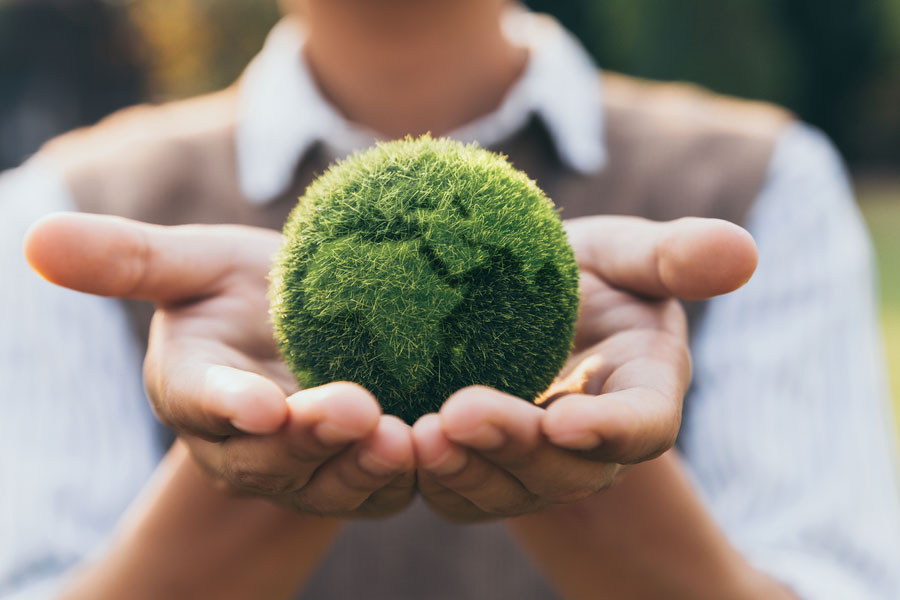Climate change is not just an environmental crisis; it is also a profound social justice issue that exacerbates existing inequalities. As the planet warms, the effects of climate extremes intensify, amplifying entrenched power dynamics and restrictive gender norms. Women and girls, already disadvantaged by unequal access to resources and services, are increasingly vulnerable in the face of climate-induced disasters. Astonishingly, they make up 80% of those displaced by these events and are 14 times more likely to perish in their aftermath. The interplay between gender and climate underscores the urgent need for climate solutions that prioritise the rights and the well-being of women.
Beyond the physical devastation, these disasters often lead to increased gender-based violence. For instance, in many regions plagued by climate-induced famine, girls are being forced into child marriages in exchange for food. Climate action that does not address the vulnerabilities of women in crisis situations is thus incomplete and ineffective.
Despite being disproportionately affected, women remain largely absent from decision-making processes at all levels of climate governance. At CoP 28, only 15 out of 133 world leaders were women even though the solution to the climate catastrophe lies with women and girls. Their knowledge, especially of local ecosystems and sustainable land practices, is indispensable. Indigenous women, in particular, are stewards of vast bodies of ancestral and experiential knowledge on managing natural resources sustainably. Women in wealthier societies can also play a critical role in leading the shift toward sustainability. Women drive 70%-80% of consumer purchasing decisions and are more likely to adopt eco-friendly practices, such as recycling, minimising waste, and conserving energy. This consumer power has the potential to transform sectors by driving the demand for sustainable products and services.
At the political level, research underscores the importance of women’s leadership in shaping effective climate policy. Countries with higher percentages of women in their Parliaments are more likely to adopt robust climate policies and ratify international environmental agreements. In business, companies with gender-diverse leadership demonstrate better environmental stewardship. The renewable energy sector is another area where women are taking strides. In solar energy, women comprise 40% of the workforce — a significant contrast to the oil and gas sector in which they account for just 22%. Investing in women as leaders and innovators in the green economy is not only an ethical imperative but also a pragmatic solution for a more sustainable future. Yet, global financial support for gender-responsive climate action is alarmingly low: only 0.01% of worldwide funding is allocated to projects that address both climate change and women’s rights. Investing in women-led climate initiatives is essential to achieving both gender justice and environmental sustainability. Encouraging women and girls to pursue education in fields like renewable energy, sustainable agriculture, and water conservation is the key to building resilient, climate-adaptive communities.
Climate change is pushing an estimated 158 million women and girls into poverty, 16 million more than that of men and boys. To confront this injustice, we need a feminist approach to climate justice that is grounded in four interlinked dimensions: recognition, redistribution, representation, and reparation.
It is time to deconstruct the gender stereotypes that hinder women’s participation in climate leadership. This requires solidarity at the highest political levels as well as on-the-ground initiatives that engage men and boys in creating a more supportive environment for women-led solutions. Climate justice must involve both men and women working together to ensure that the needs of all are met in a sustainable and equitable manner.
Aarushee Shukla is an independent researcher specialising in gender justice and social inclusion

